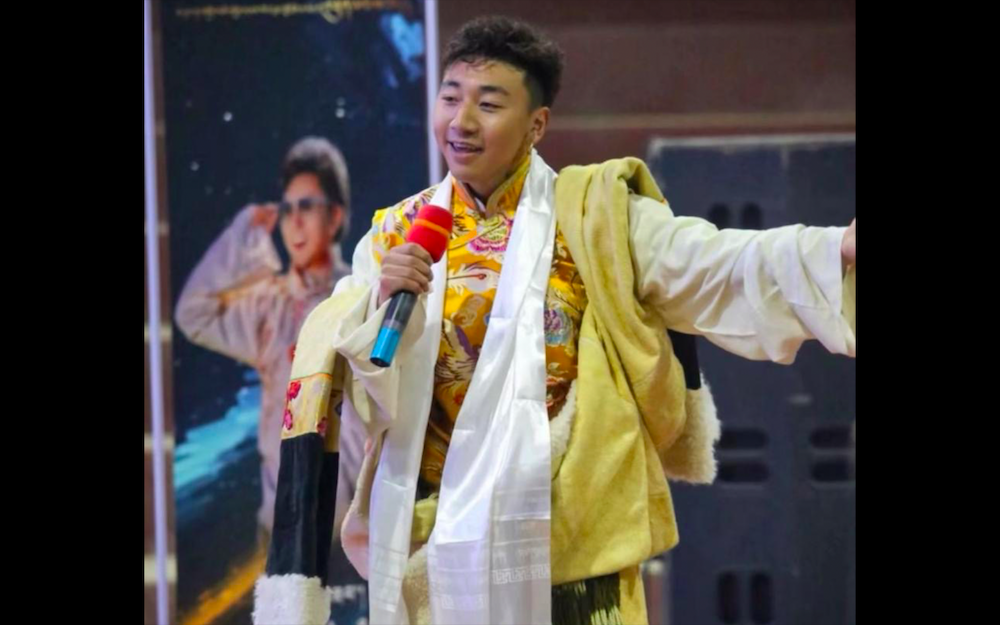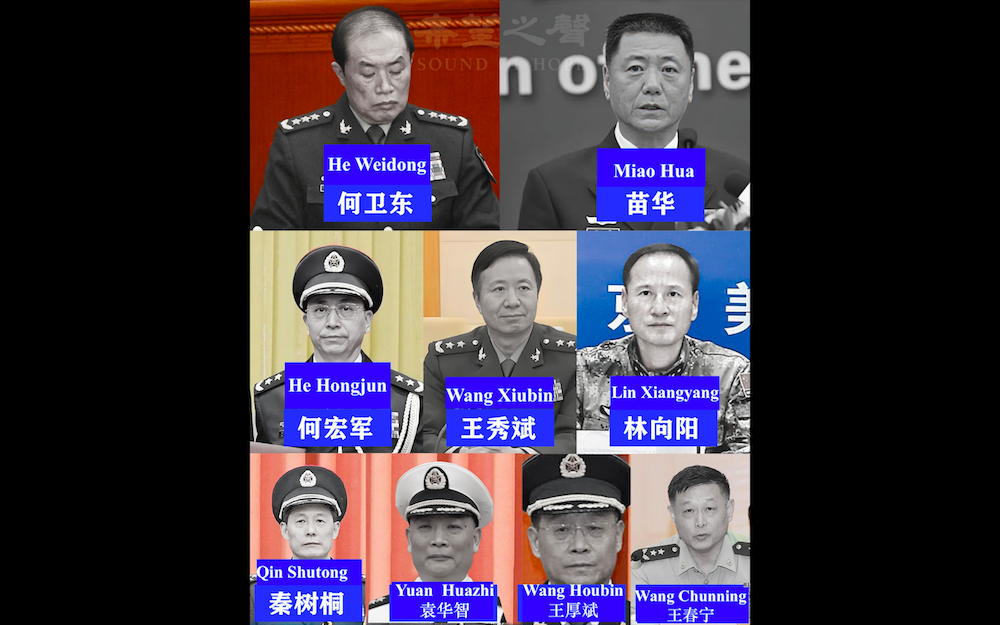by Claude Arpi
“Is India a superpower?“
That is a question often raised by the Indian media.
Less-optimistic observers phrase it differently: “will India one day become a superpower?“ they ask.
Before trying to answer this question, it should be noted that of late, India is always rated in comparison with China. It is an association difficult to avoid. This is why it is worth looking at two serious papers recently published by US think tanks.
The first one, about India, is titled Developing India`s Foreign Policy `Software`. Written by Daniel Markey, a former Senior Fellow for India, Pakistan, and South Asia from 2003 to 2007 at the Council on Foreign Relations, it appeared in July 2009 in Asia Policy.
The second, on China`s quasi-superpower diplomacy: prospects and pitfalls was researched by China expert Willy Lam for the Jamestown Foundation and released in September 2009.
Let us take the first study. A former Indian diplomat, TP Sreenivasan, reacted to it in The Times of India: “Just as Keralites discovered Kathakali after it was staged at the Lincoln Centre, the state of the Indian Foreign Service began to be examined after an American analyst, Daniel Markey, came out with a critique.“ The fact that fresh thinking has to be triggered from the outside, is a statement in itself. The ex-IFS officer however believes that “Markey had nothing novel to say.“
Markey admits that his objective is to outline “significant shortcomings in India`s foreign policy institutions that undermine the country`s capacity for ambitious and effective international action, and proposes steps that both New Delhi and Washington should take, assuming they aim to promote India’s rise as a great power.“
He believes that India will not be able to achieve superpower status soon unless four shortcomings are rectified:
(1) The Indian Foreign Service is small, hobbled by its selection process and inadequate midcareer training, and tends not to make use of outside expertise;
(2) India`s think-tanks lack sufficient access to the information or resources required to conduct high-quality, policy-relevant scholarship;
(3) India`s public universities are poorly funded, highly regulated, and fail to provide world-class education in the social sciences and other fields related to foreign policy; and
(4) India`s media and private firms—leaders in debating the country`s foreign policy agenda—are not built to undertake sustained foreign policy research or training.
Markey (who often compares India`s `soft power` to the United States` super one) is probably right; the fact is that these four qualifications are a requisite to become a power to reckon with. It enables a State to take the necessary decisions to occupy this envied position.
The case of the United States (and its wars in Iraq and Afghanistan) is however a blatant instance that this is not sufficient to become a respected superpower. India, no doubt, would like both, but this raises an interesting point: can a nation become a superpower and be respectable (and respected) at the same time?
In his paper on China`s quasi-superpower, Willy Lam affirms: “Seeing itself as a quasi-superpower, Beijing is no longer shying away from frontal contests with the United States, China’s strategic competitor.“
It is not only the improvement of the Foreign Service, universities or think tanks that the superpower-to-be needs (India in the present case), but a new mindset coupled with strong muscles. The candidate super-power should also be ready to show (if not flex these muscles), as Beijing did on October 1 on Tiananmen Square or over Arunachal.
Lam writes: “The year 2009 will go down in history as a watershed for the epochal expansion of China’s global influence.“ Not only does China`s economy keep growing despite the world financial crisis, but the People`s Liberation Army has begun to build new nuclear submarines and aircraft carriers.
Interestingly, Beijing tries to impose its own currency the Yuan in a first stage in Asia; in Lam`s words: “the Communist Party is gunning for a novel international financial architecture, or one that is not dominated by the United States. …Beijing is waging quasi-superpower diplomacy to bolster the country`s pre-eminence in the new world order“.
Recently, China has greatly enhanced both its hard and soft power (this shows in the current aggressiveness vis-Ã -vis India).
Though he does not take into account the `hard` power, Markey suggests different `improvements` for the IFS to be able to stand as a bigger power:
• Expand, reform, pay, and train the Indian Foreign Service to attract and retain high-caliber officers
• Encourage the growth of world-class social science research and teaching schools in India through partnerships with private Indian and U.S. investors, universities, and foundations
• Invest in Indian think-tanks and U.S.-India exchange programs that build capacity for foreign policy research
• Bring non-career officers into the Indian Ministry of External Affairs and other parts of the foreign policy establishment as term-limited fellows to improve outside understanding of the policy process
• Support the efforts of Indian researchers to maximize public access to material related to the history of India`s foreign policy by way of the 2005 Right to Information Act
“South Block has its cupboards full of reform proposals by many ignited minds. But as long as the service does not get a soul, a sense of belonging, arising out of a sense of fairness, equality and justice, no reform, no expansion will transform the software of Indian diplomacy,“ Srinivasan admits in The Times of India.
But it is not a `soul` or new plans for the future which are needed today. It is acting as a superpower which is required.
China has begun to act. It has earmarked some $6.62 billion for its `overseas propaganda` (or publicity, as it has been renamed). The State media like CCTV or Xinhua News Agency will increase their coverage in several different languages, mainly in the West, in Asia, Middle East and Africa.
An English news channel modeled upon Al Jazeera which will feature issues such as politics, finance and culture will be beamed all over the world. This will help Beijing to project its point of view on world events and sell the `Chinese model`.
There is more. The Party will set up about 350 Confucius Institutes around the world to spread `Chinese culture`. This at a time when most Western nations are cutting down on their cultural offices across the world citing costs.
Beijing`s Great Leap Outward has allowed its powerful diplomacy to make dents in Africa, Latin America, the Middle East and even in Eastern Europe where the heir-apparent Vice President Xi Jinping recently toured.
A superpower diplomacy has to be backed by `cultural` propaganda (or publicity) and economic diplomacy.
Has a reduced Indian Foreign Service the capacity to match Beijing`s? No.
Is Delhi ready to open 350 Tagore Institutes? No.
One finds the same picture for academic institutions. I was recently told that China already has 120 think tanks on South Asia and India with a large number of scholars involved in studying the policies of the region. India has only 3 or 4 such institutions devoted to Chinese studies, most of them with meager means or under government supervision (meaning incapable of independent thought).
A prospective superpower should be ready to pay a price, as the recognition inevitably creates jealousy, envy and fresh rivalry.
In the case of China, Lam notes: “Friction between China on the one hand, and Southeast Asian nations including Vietnam, Malaysia and the Philippines on the other, has intensified owing to sovereignty disputes over a dozen-odd islets in the South China Sea. There are also indications that countries including Australia, India, Japan and South Korea may consider it advantageous to join hands with the United States to check China’s ascendancy.“
And he concludes: “This is why despite the Middle Kingdom`s formidable economic and military heft, the CCP leadership has become more nervous than ever about the exacerbation of a Washington-led “anti-China containment policy.“
The rise of China (peaceful or not) has undoubtedly increased the `China threat` theory.
In India, the point remains that the mindset of many diplomats, bureaucrats or media persons is still geared to a post-colonial way of thinking, either full of an inferiority complex (or arrogance as a counterpart).
We have seen this recently with the proposed visit of the Dalai Lama to Arunachal Pradesh with many so-called `thinkers` and `experts` suggesting that the Dalai Lama should be told to back out of the visit in order to not irritate Beijing further.
But a superpower is not scared to irritate or anger others; a superpower stands on its own feet, defending its own interests.
India has to learn this from China.









